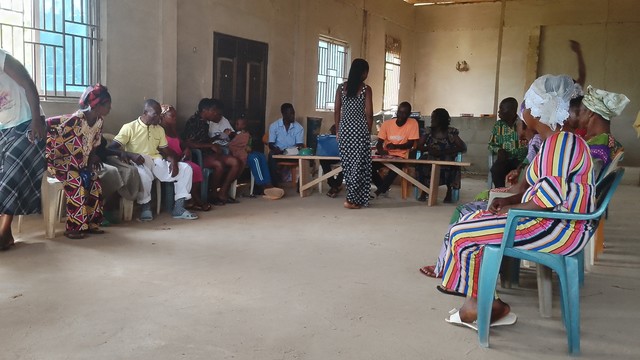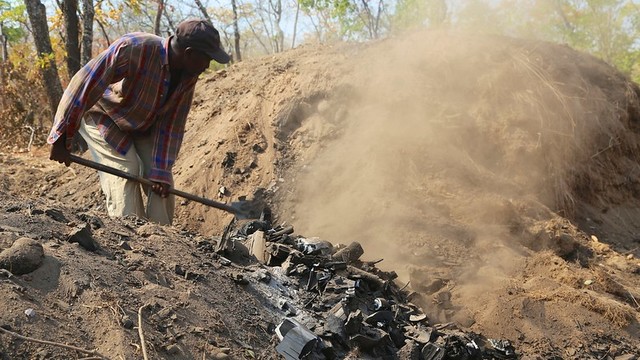Global network to help African farmers navigate globalised markets
Agriculture innovators are meeting in Kenya this week to help build an international network that will tackle the challenges confronting small producers in global, regional and national markets.
The network will gather producers, business people, nongovernmental organisations and others from across the global South to produce knowledge that can inform better policies and practices for small-scale farmers to position themselves in globalising markets, under fair conditions.
“Markets for agricultural produce are increasingly globalised and this brings new challenges for small-scale farmers,” says Bolivian development expert Diego Muñoz who will lead the network. “Some of those challenges are being recognised as common to small-scale farmers and traders across the global South. New challenges need new knowledge.”
Muñoz is in Nairobi this week to share his experiences from Latin America and other regions with African experts from Kenya, Tanzania, Uganda, Zimbabwe and South Africa.
The global network he is building will commission new research to identify ways for farmers to cope with issues like market volatility and barriers to entering and staying in international and domestic markets.
Muñoz asks: “Should government revive its traditional role in the regulation of markets in the face of uncertainties in the global economy? Can international companies change their business models to include small-scale producers in fair and equitable trading relationships? Will flows of finance into developing countries for adapting to and mitigating climate change provide new opportunities for smallholders?”
“For too long this agenda has been shaped in the North,” says Muñoz. “It’s time for innovators and practitioners with diverse opinions to look far over the horizon and to drive the production of knowledge for small farmers to find opportunities in this turbulent future,”
“The new network aims to help smallholders to make informed, effective choices about how to position themselves in an increasingly complex global market. And this requires a widening and reshaping of the debate,“ concludes Muñoz.
The network is supported by the International Institute for Environment and Development (IIED) in the UK and the Humanist Institute for Cooperation (Hivos) in the Netherlands.


